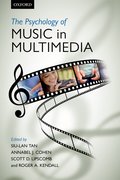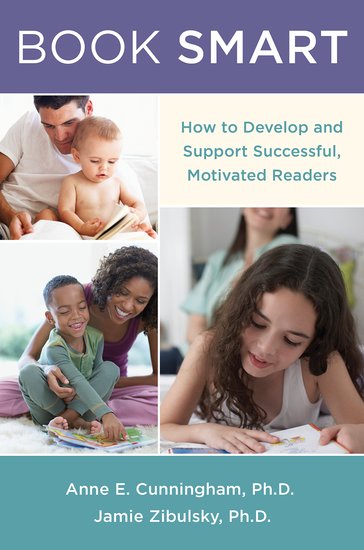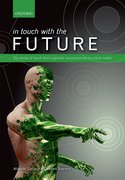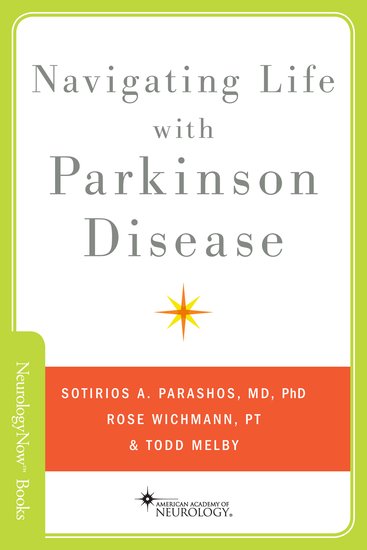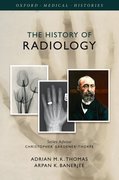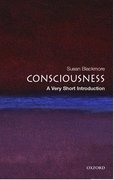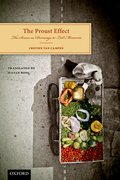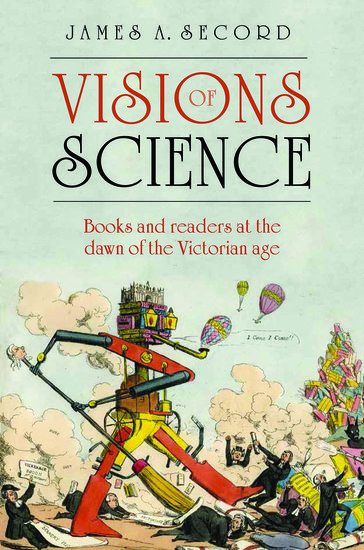A conversation with Craig Panner, Associate Editorial Director of Medicine Books
Few fields develop as rapidly as medicine, with new breakthroughs in research, tools, and techniques happening everyday. This presents an interesting challenge for many medical publishers — trying to get the latest information to students, practitioners, and researchers as quickly and accurately as possible. So we are delighted to present a Q&A with Associate Editorial Director of Medicine Books, Craig Panner.


